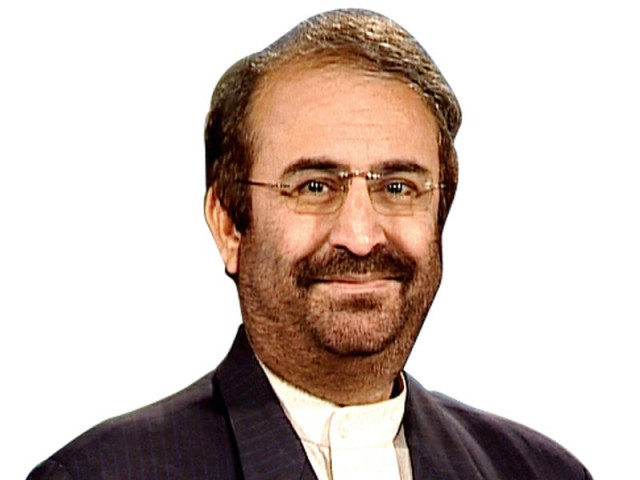Ghani returns hopeful after Heart of Asia
Taliban Rehbari Shura expected to return to the negotiating table

Taliban Rehbari Shura expected to return to the negotiating table.
On his return from Islamabad, Afghan President Ashraf Ghani said in Kabul on Friday, “Serious peace talks will start in the coming weeks,” and that negotiations will produce desired results.
“We cannot wait for years. It is just a matter of weeks and months. We will accept those who want peace, but we will fight those who work for others. This is our clear message,” the Afghan president said in a televised news conference.
Ghani, who had refused in August to seek Islamabad’s role in the peace process after deadly attacks were claimed by the Taliban, now defended Pakistan’s role in the reconciliation process. He said the neighbouring country has assured it would take action against those who refuse to join the intra-Afghan dialogue.
The Taliban leadership has also started consulting on how to respond to the calls to join the intra-Afghan dialogue, according to Taliban sources. Taliban spokesperson Zabihullah Mujahid, however, did not comment when asked about the understanding among the key stakeholders to bring the elusive peace process back on track.
A positive response is mostly likely to come from Taliban chief Mullah Akhtar Mansoor and the powerful Rehbari Shura, or Leadership Council, which approved the first ever direct talks with the Afghan government in July. It is believed the group has made its mind to return to the negotiation table.
Taliban sources confirmed to The Express Tribune that almost all members of the Rehbari Shura have been appointed and that some leaders, who refused to declare allegiance to Mansoor, have not been given any position in the set-up. The Taliban’s political office in Qatar would also be onboard in any possible talks as the new top negotiator. Senior Taliban leader Sher Abbas Stanekzai, and other members of the office, have already declared allegiance to Mansoor.
Former Afghan interior minister Omar Daudzai said, “The formal appointment of Stanekzai indicates Mansoor is set to begin talks as his stance on a political solution is clear.”
He added, “Efforts should be continued to encourage Pakistan to bring the Taliban to the negotiation table.” Daudzai said, “And it would be a viable option to use the Qatar office for the Taliban address.”Daudzai is a close confidant of former president Hamid Karzai.
The Heart of Asia ministerial conference held on December 9 saw breakthroughs for Afghanistan.
“The conference provided two important breakthroughs: it offered a welcome opportunity for the visit of President Ghani to Pakistan, which led to breaking of ice in bilateral ties as well as resumption of the reconciliation process,” Foreign Affairs Adviser Sartaj Aziz told the National Assembly in Islamabad on Friday in a policy statement about the meeting.
Ghani and Prime Minister Nawaz Sharif joined Chinese Foreign Minister Wang Yi and US Deputy Secretary of State Antony J Blinken, and agreed to create an environment “conducive” for Taliban groups to engage in sustainable negotiations.
Diplomatic sources in Islamabad told The Express Tribune on Friday that “follow up meetings” are scheduled in Islamabad in the coming days to chalk-out a strategy to end the deadlock in the first-ever direct Kabul-Taliban talks in the last 14 years.
The possible peace process could face serious challenges as there are many detractors who would create trouble. Hardliners within the Taliban would never be willing to opt for a political process. The Afghan government should be cautious; the Taliban attacks in August had been instrumental in the failure of the Murree Peace Process.
The Taliban attack in Kabul near a diplomatic mission Friday evening is unhelpful for the emerging environment for the peace process. Days earlier, when Ghani was set to arrive in Pakistan, the Taliban launched a brazen attack on Kandahar Airport, killing nearly 50 people. But no attack should be allowed to stop this process.
Published in The Express Tribune, December 12th, 2015.



















COMMENTS
Comments are moderated and generally will be posted if they are on-topic and not abusive.
For more information, please see our Comments FAQ